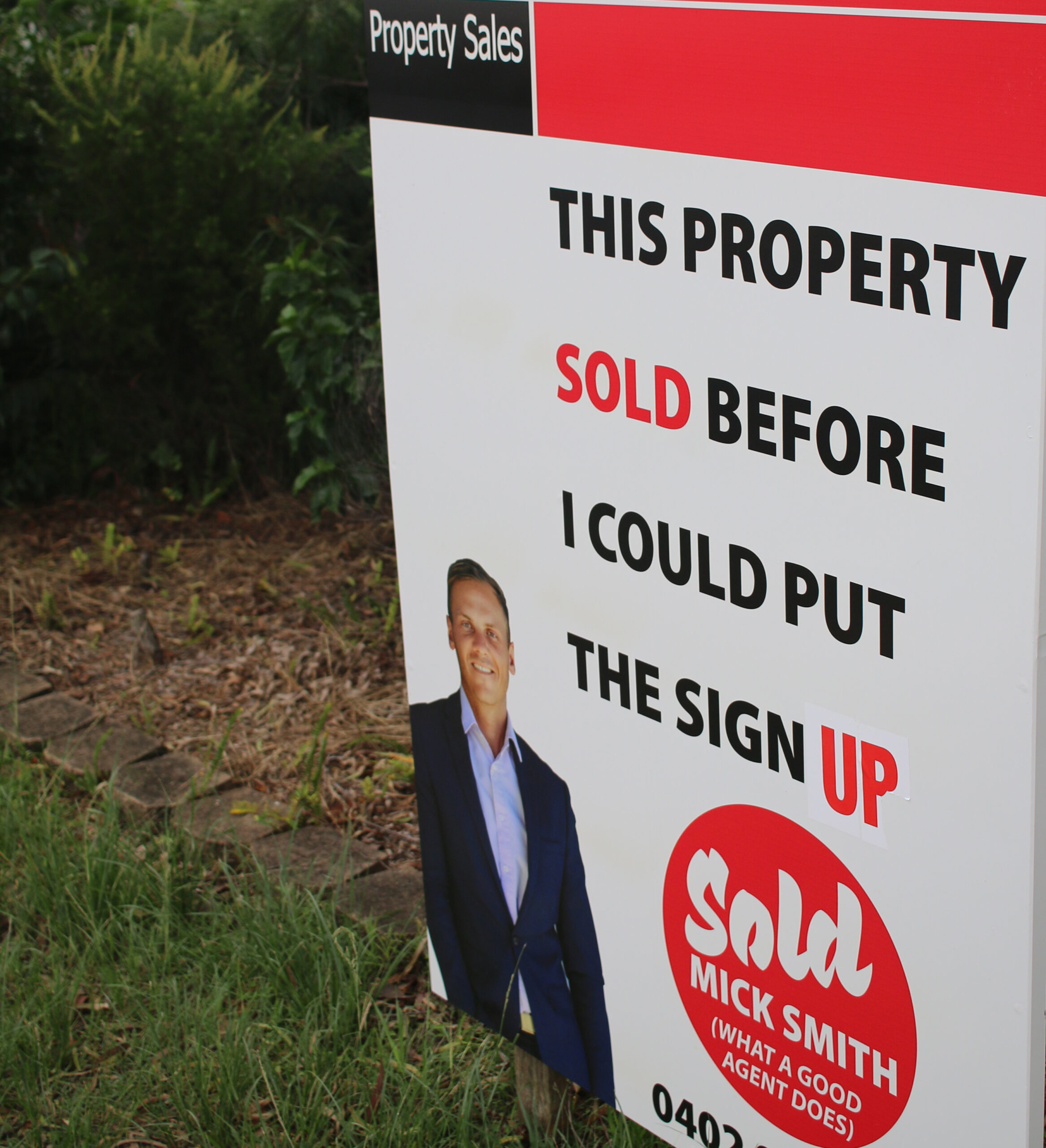Many of us are fortunate to live in a stable home environment.
According to the latest census in 2016, there were around 72, 900 residents living in 32, 500 dwellings with an average household size of 2.43.
The figure that 700 people are homeless in the federal electorate of Cowper in August 2020 might not ring alarm bells for the vast majority who carry on their business rarely seeing a person sleeping rough.
But Cowper is regarded as the worst electorate in regional NSW for homelessness and also for social housing with 4400 people in stress.
It doesn’t look good for our state and federal governments. Equity Economics latest report claim that the housing crisis will deepen in Coffs Harbour – Grafton areas in 2021 by as much as 30% debunking the NSW Premier’s priority goals to reduce street homelessness across NSW by 50% by 2025.
Underlying the deepening regional housing crisis, there are several key factors that Coffs Harbour Greens believe are reason to question the capacity of current government policies to reverse the housing problems.
Firstly, increasing supply of private houses is fine if you can afford a deposit and repay a $500k mortgage?
Secondly, why aren’t we seeing more public housing in Coffs Harbour to offset the 10 year wait list?
Talking with staff at the new Mission Australia community-housing project on Duke st in Coffs Harbour, they say their 41 bed apartment block will hardly make a dint in the wait list for affordable housing.
The Wealth Effect
Another point worth considering, is the governments belief for how this crisis should be dealt with. The Housing Minister, Melinda Pavey, believes the affordable housing crisis “is a good problem to have” while NSW Deputy Premier John Barilaro has has described the housing crisis gripping regional NSW as a “champagne problem”.
This belief that out of the economic housing stress good things will come is only logical if you believe in trickle-down economics.
The Australian Reserve Bank Governor, Phillip Lowe, has recently been accused of exploiting what economists call the Wealth Effect. In short, boost economic growth without the RBA interfering through regulations such as increasing rates to reduce housing bubble risk.
Problem with this is it can also lead to the Negative Wealth Effect and is what happens when the weath divide between the rich and poor widens.
Basically, its easy to see that the government don’t have any public solutions to solving the housing crisis instead relying on the community-housing sector or market forces.
To support our criticism of the Nationals, State MP Gurmesh Singh weighed in recently blaming Coffs Harbour Council for not fast-tracking Development Approvals. Council shot back saying that Approvals are up 30% since August 2020 – a decade high!
Woman are the most at risk
In the last century, woman have taken bold steps in making a life for themselves.
But society today still has a steely grip on who are the key influences of our economy, religion and, importantly, politics.
Woman over 55 are the fasted growing cohort of people who are most at risk of homelessness.
According to the Australian Human Rights Commission, there was a 31% increase between 2011 and 2016 in woman experiencing homelessness.
The number of older homeless women in Australia increased by over 30% between 2011 and 2016 to nearly 7,000. We have an ageing population, a high cost of housing, and a significant gap in wealth accumulation between men and women across their lifetimes. Without innovative solutions this problem will continue to increase
So, what can the Coffs Harbour Greens offer as solutions going forward?
We believe Coffs Harbour Council can play a crucial role in several ways such as:
- Create a Homelessness Strategy
- Amend by-laws to allow people to live in their cars
- Create a plan for an emergency shelter
- Create a Woman’s Shed
While not an exhaustive list, we believe Council should also lobby the State Government to create a public housing plan like what Victoria are planning.


Comments are closed